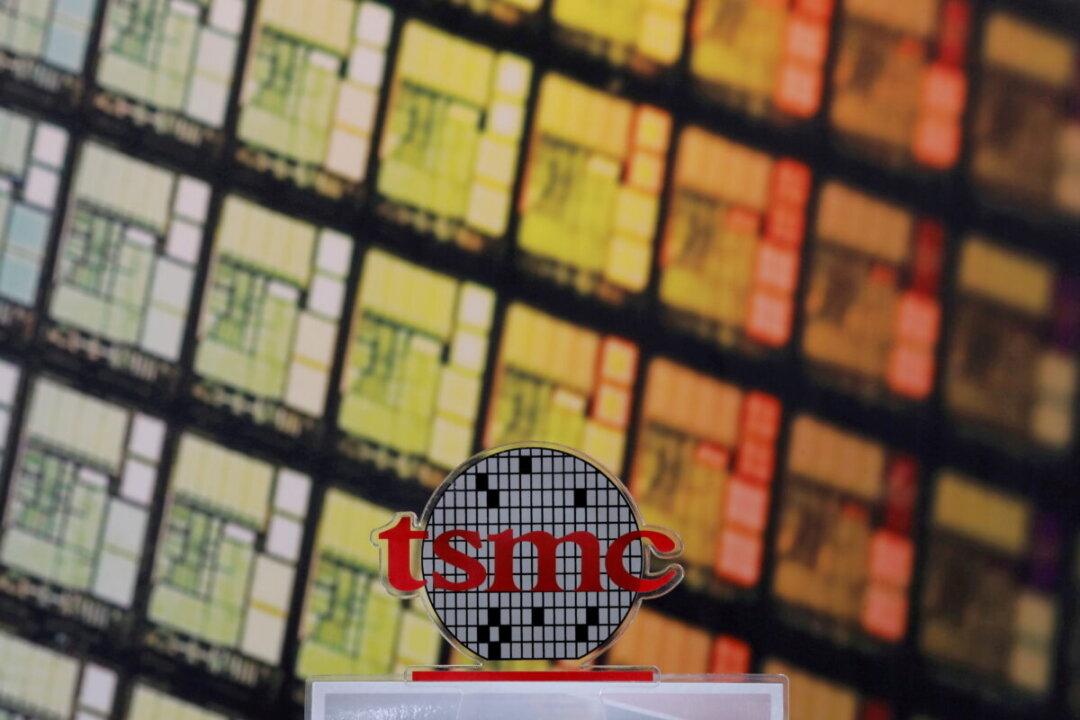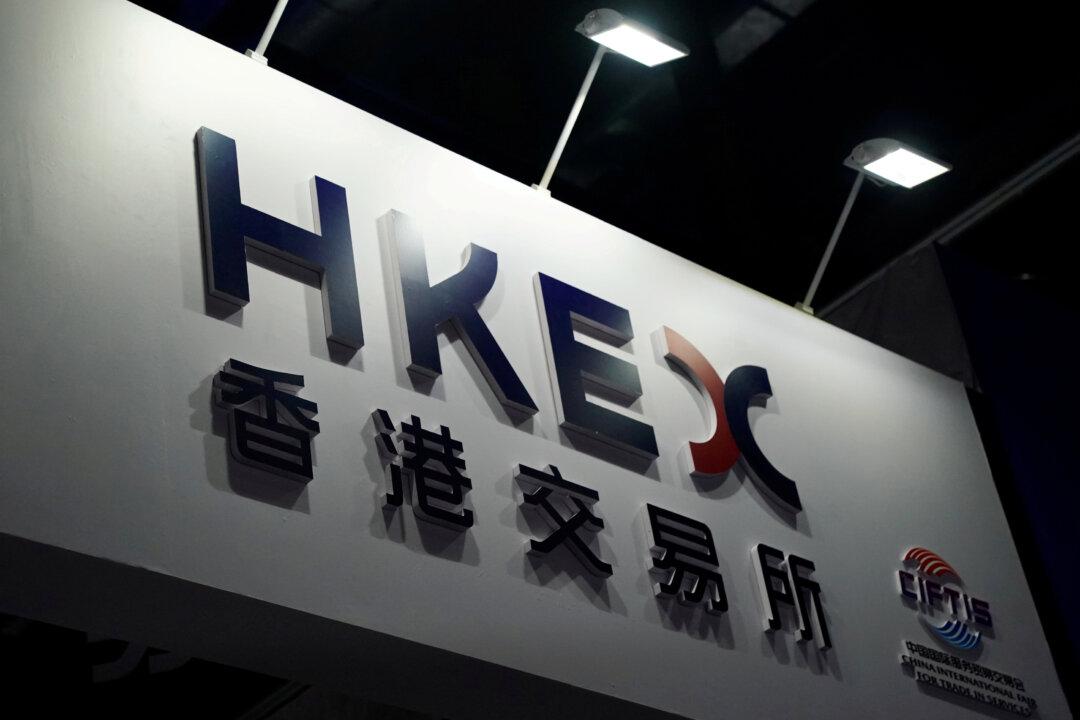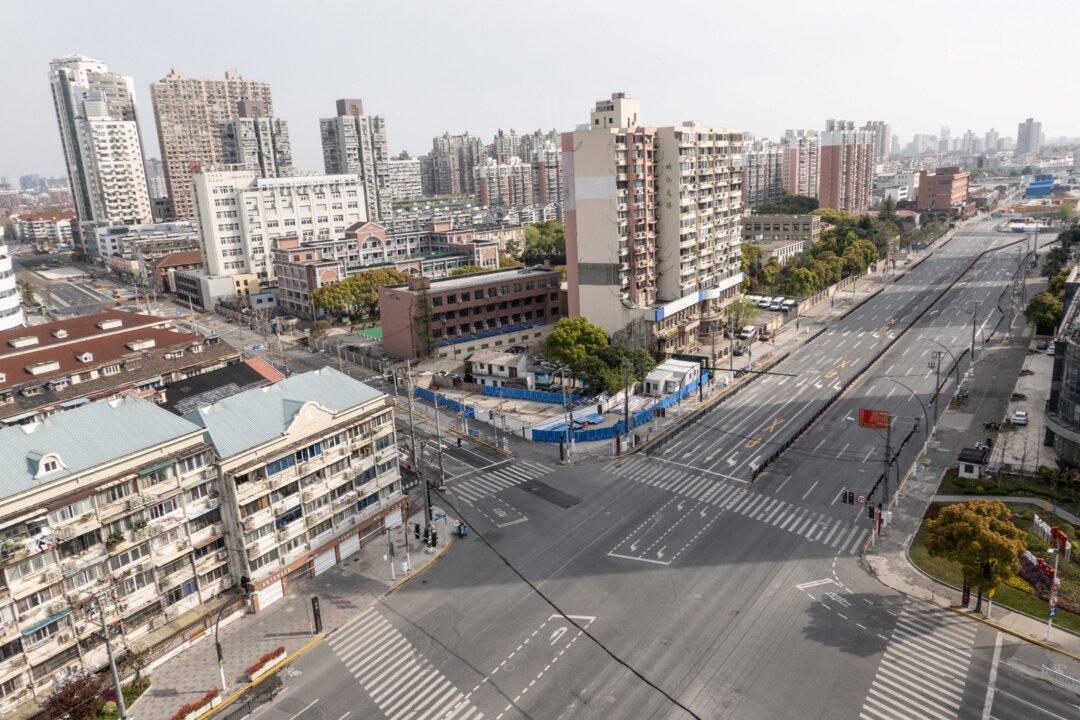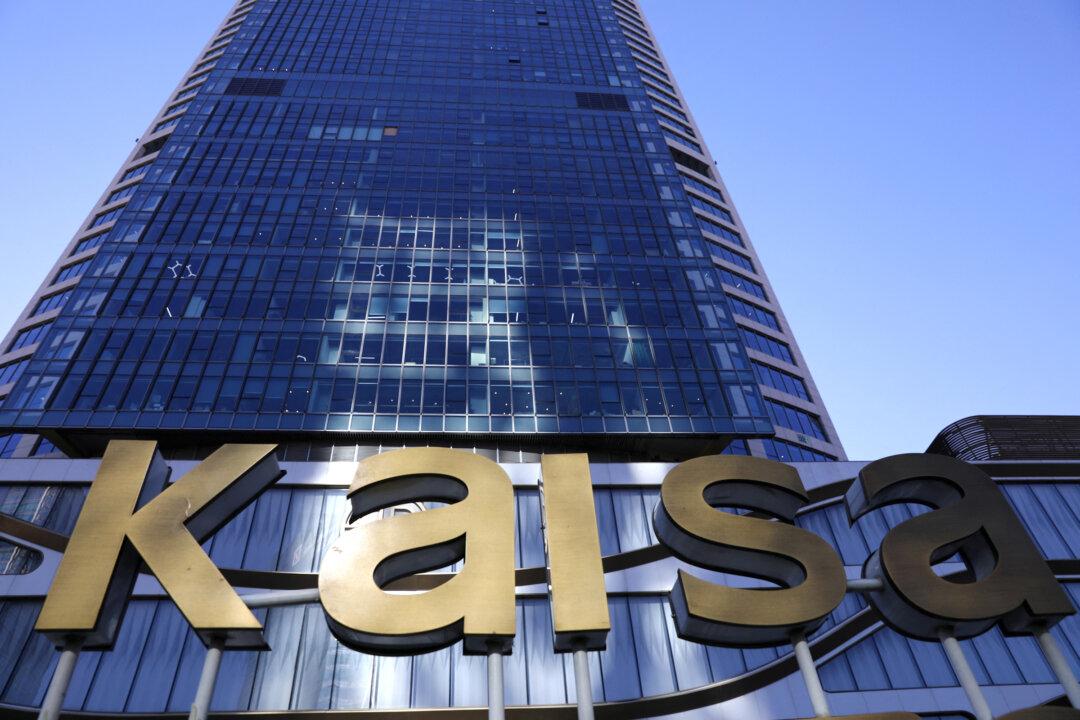The ruling parties of Taiwan and Japan agreed to boost economic security cooperation, with a focus on supply chain resilience for semiconductors and other crucial items.
Although self-ruled Taiwan and Japan do not have formal diplomatic connections, they maintain close unofficial ties and share concerns about China, particularly its increased military activities near the two.




